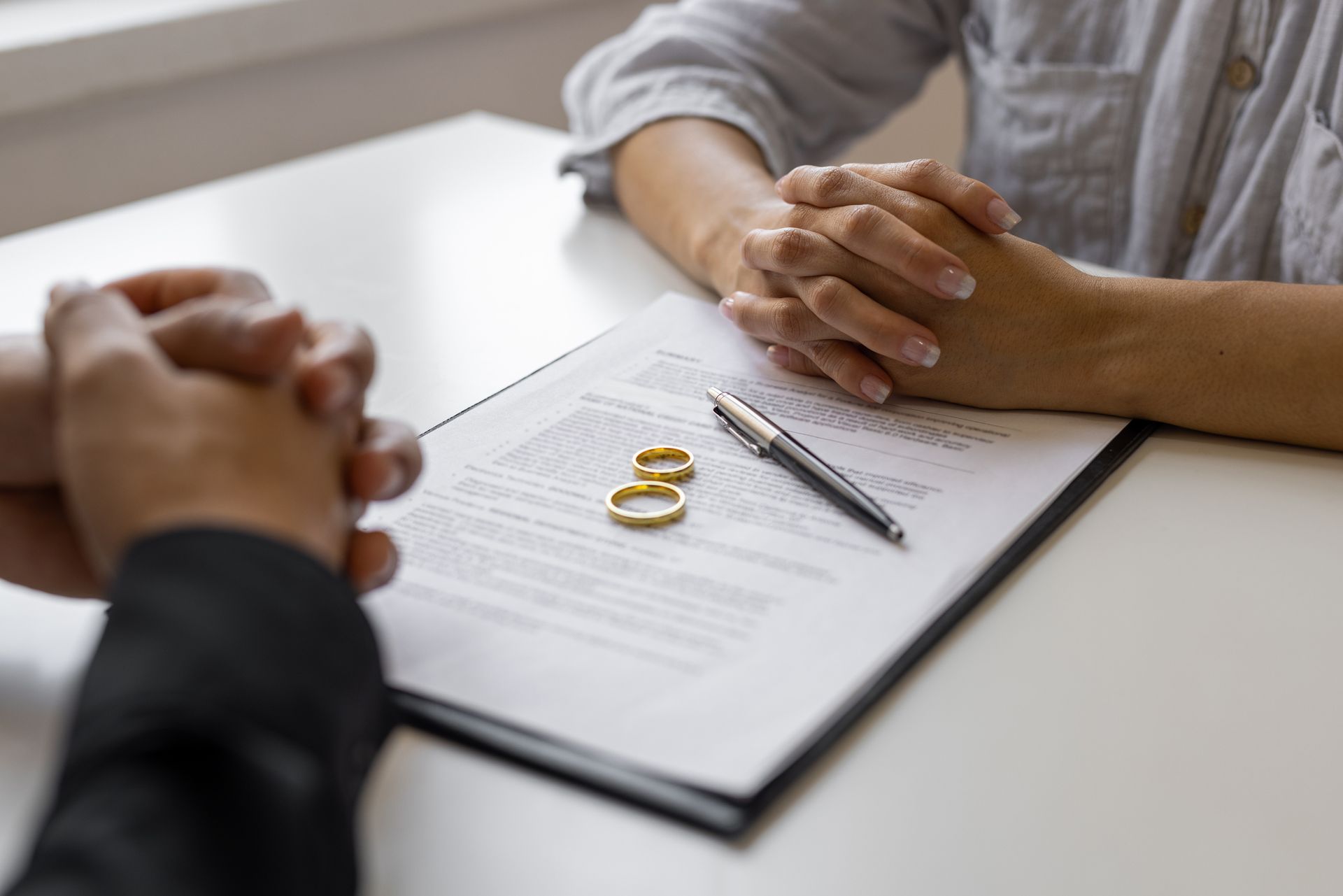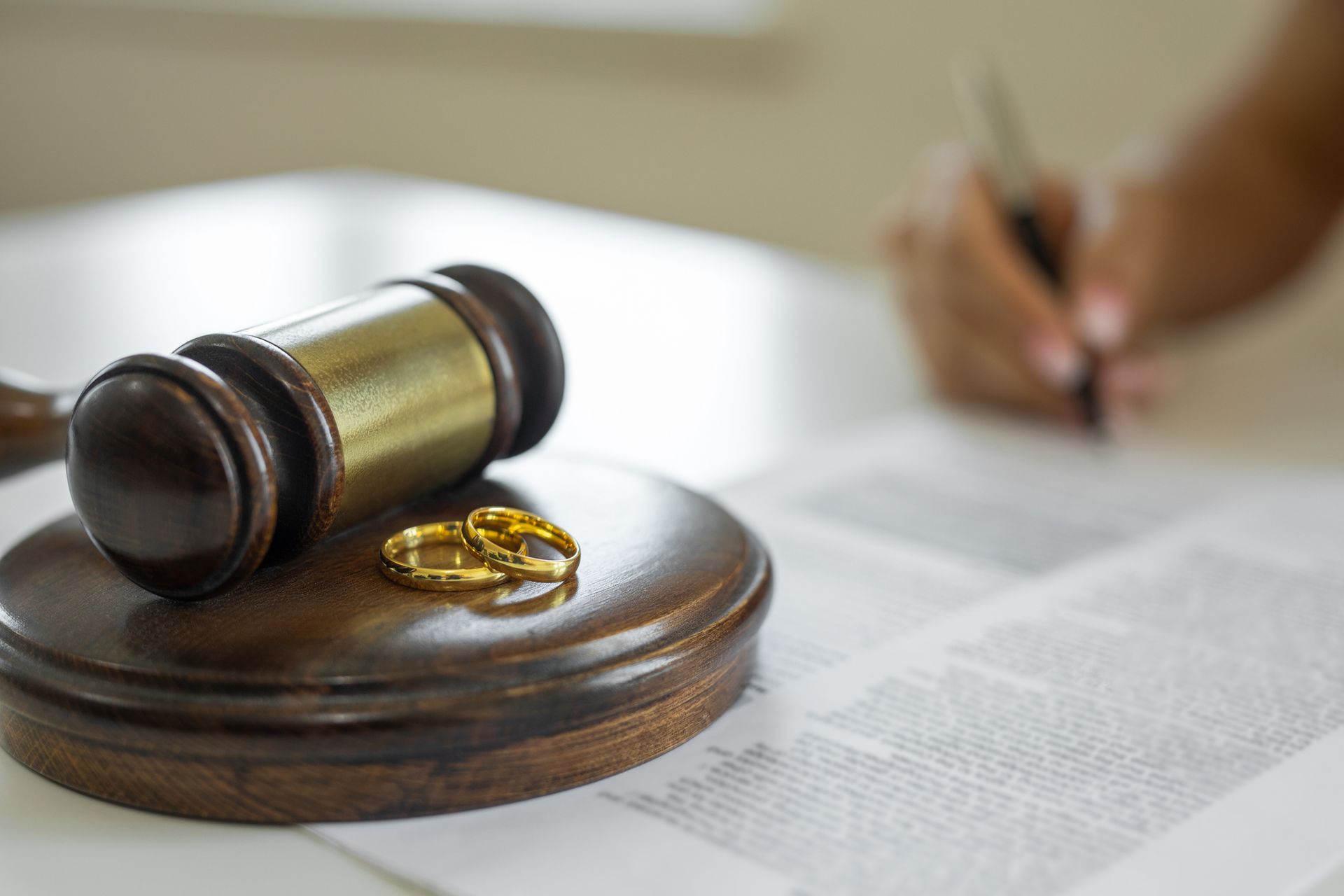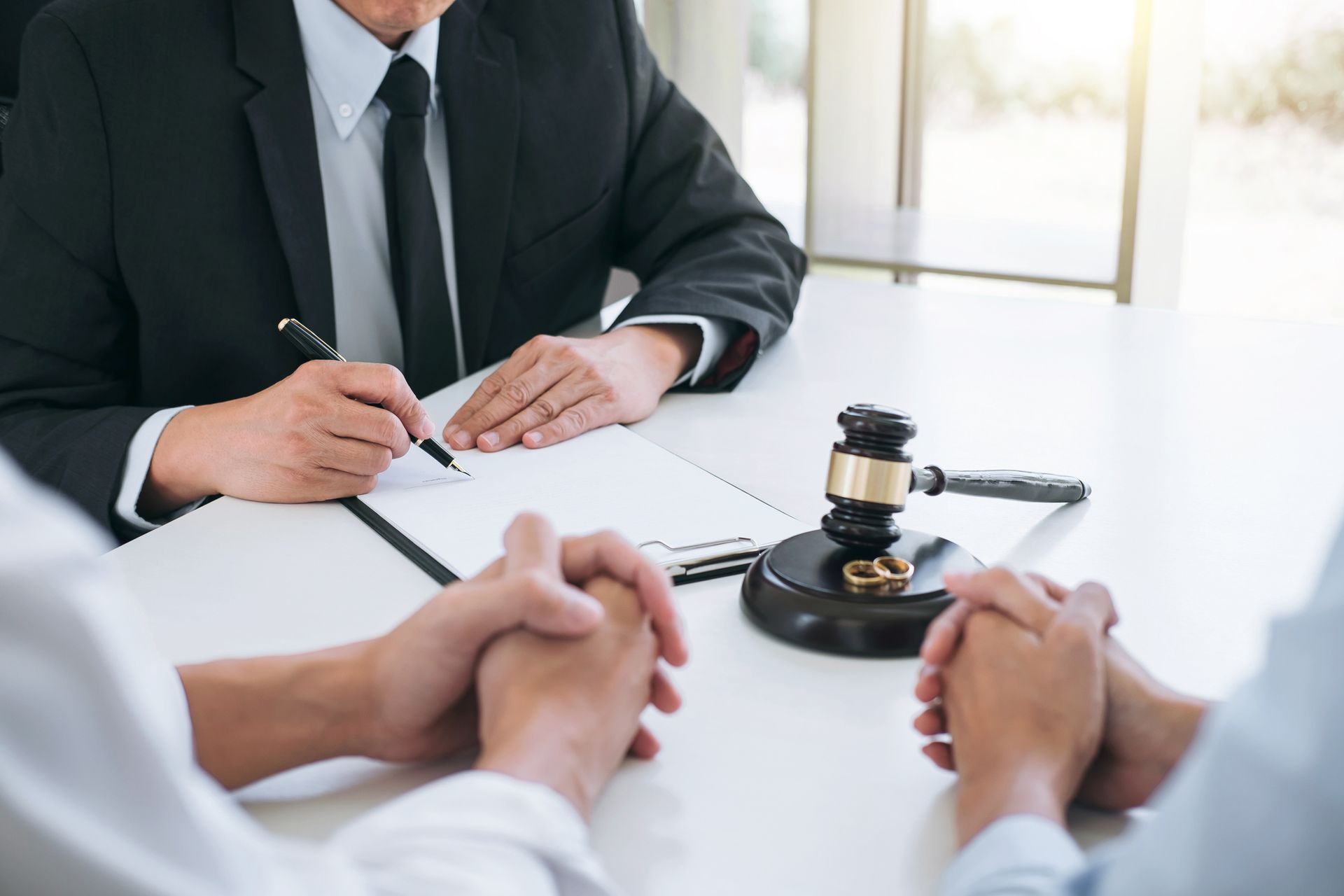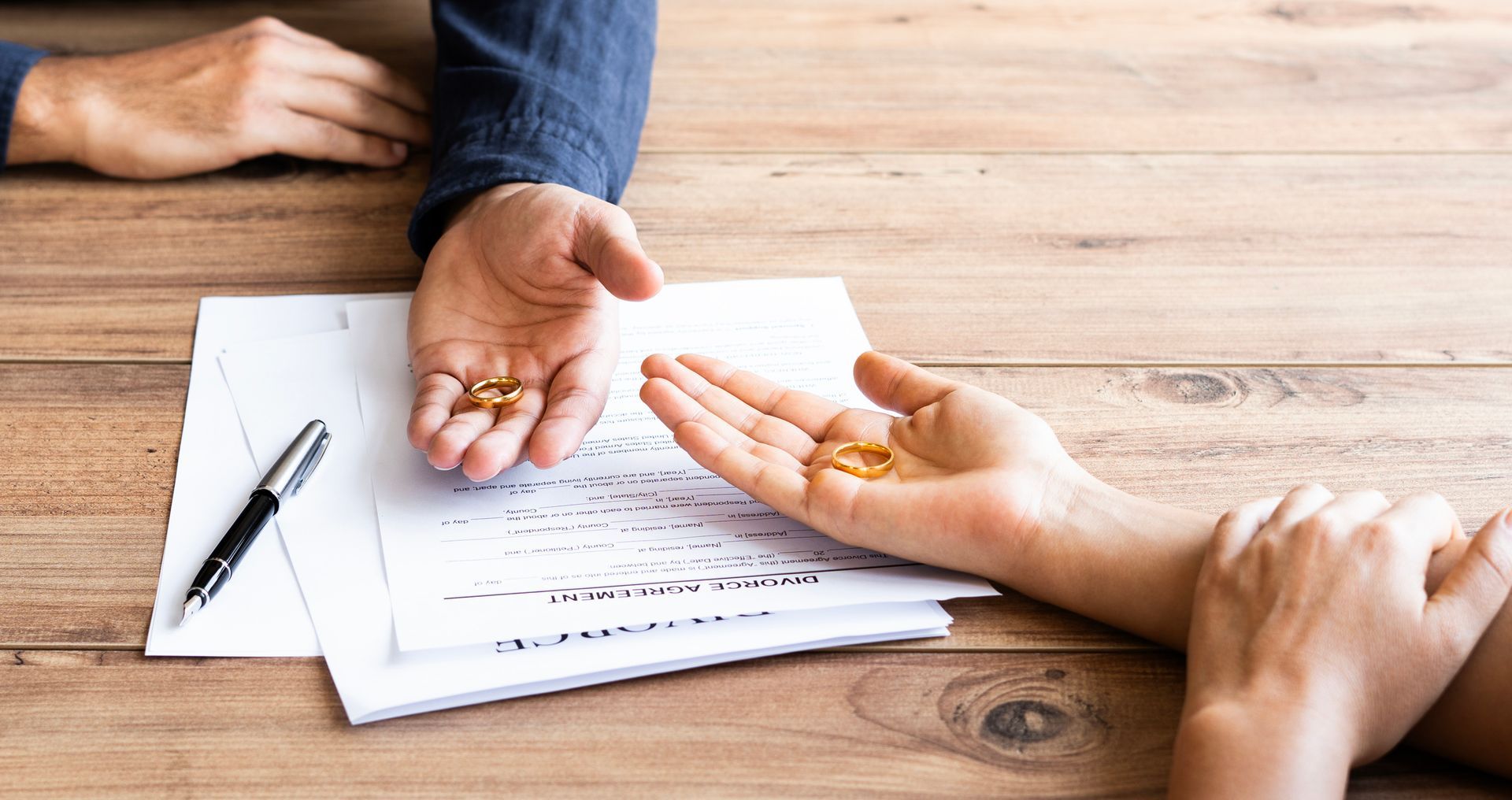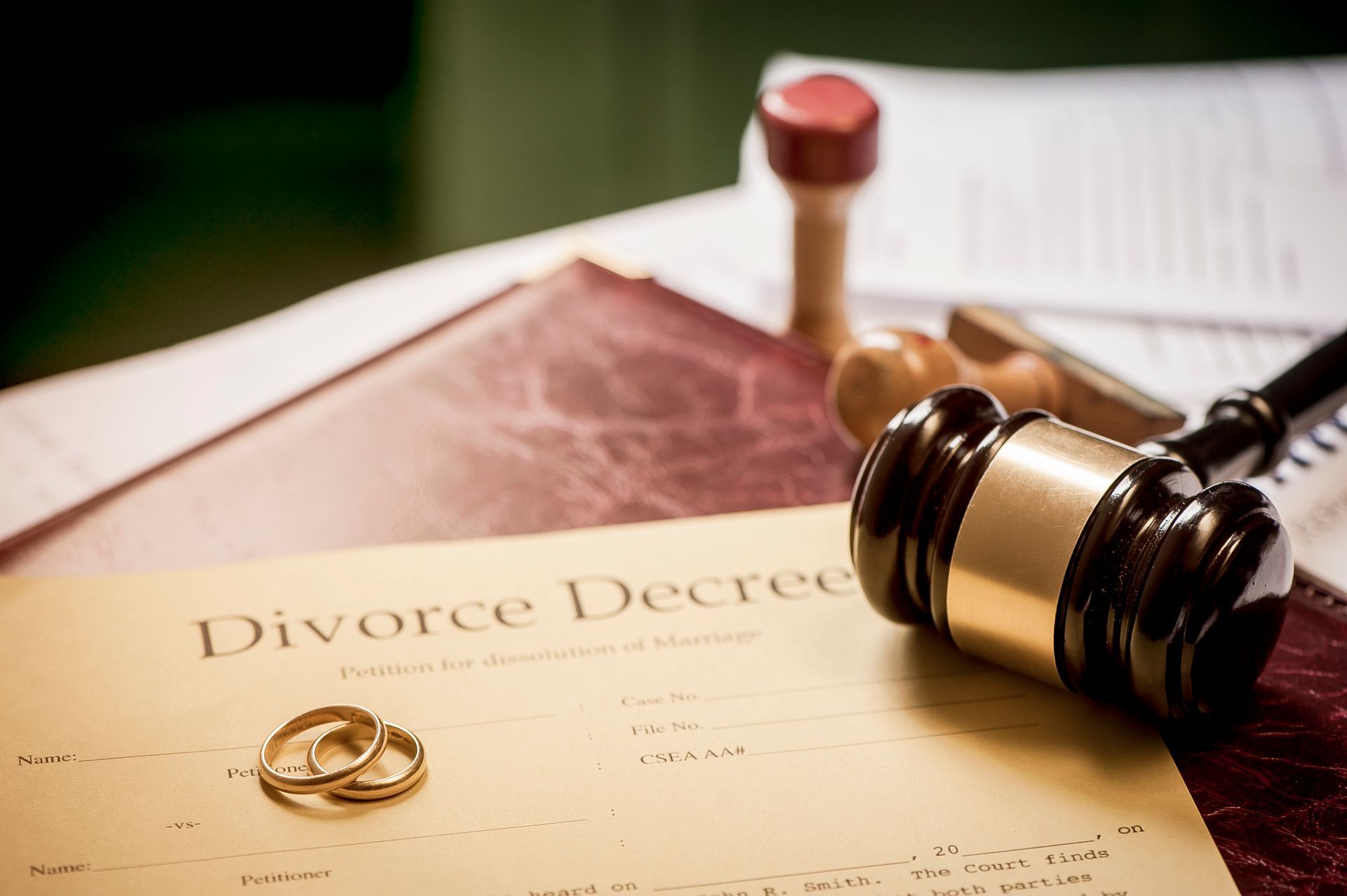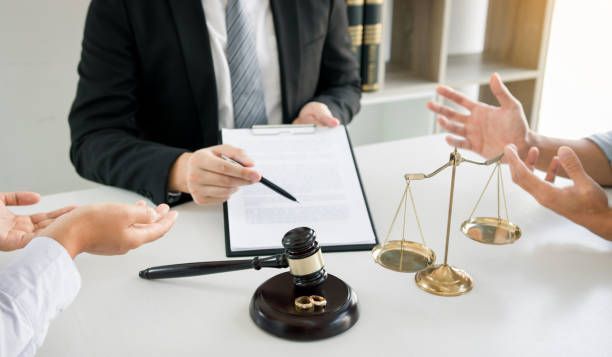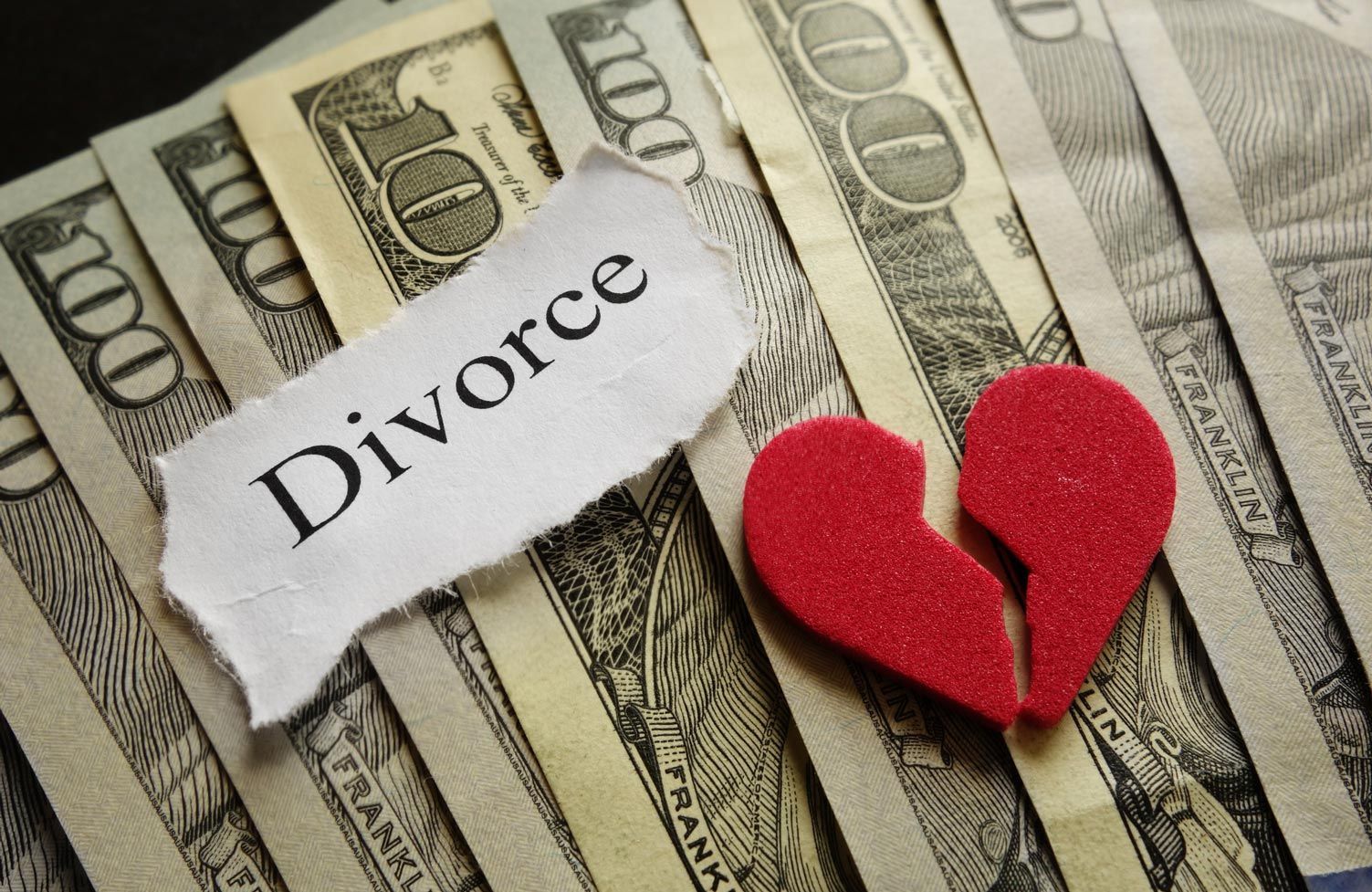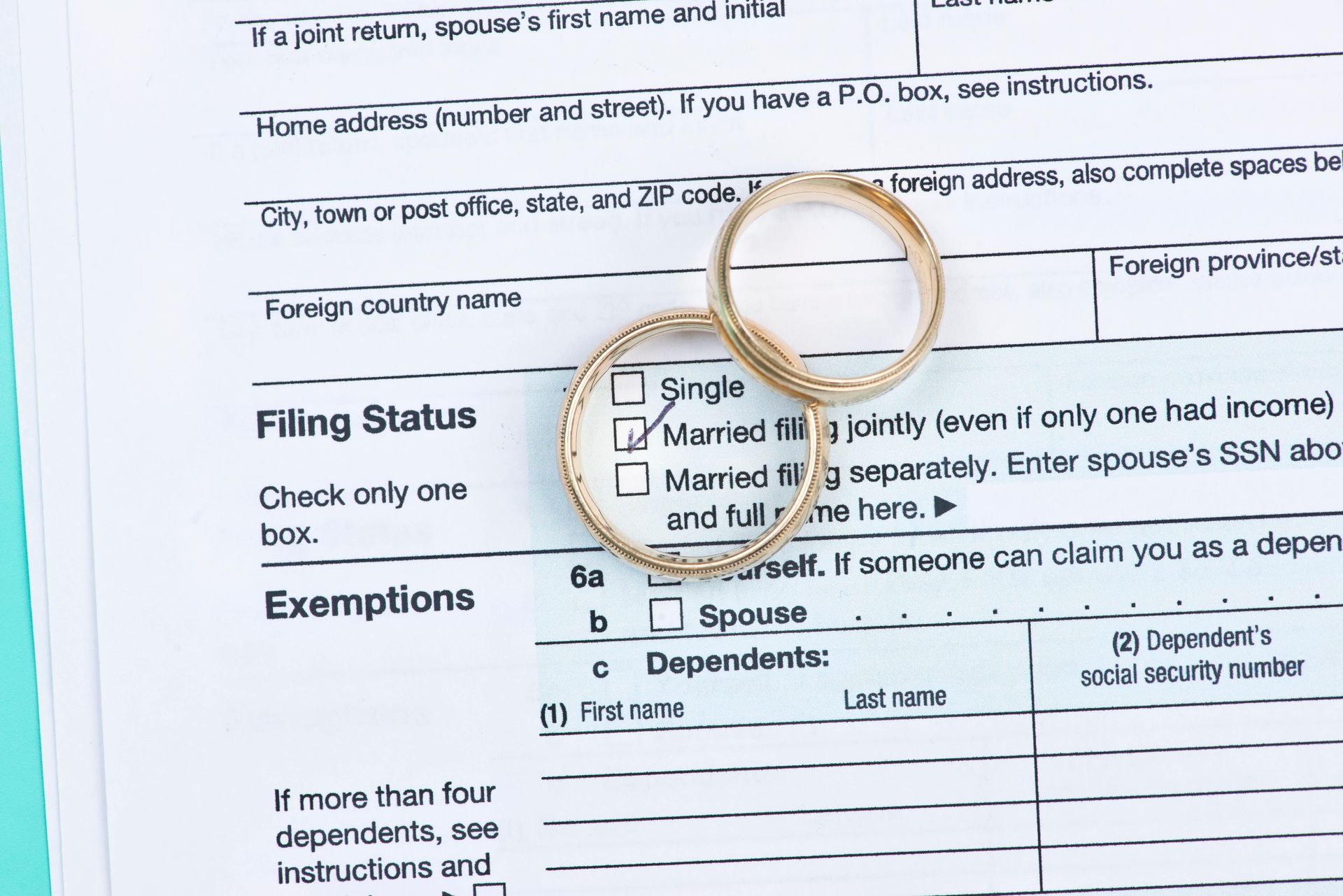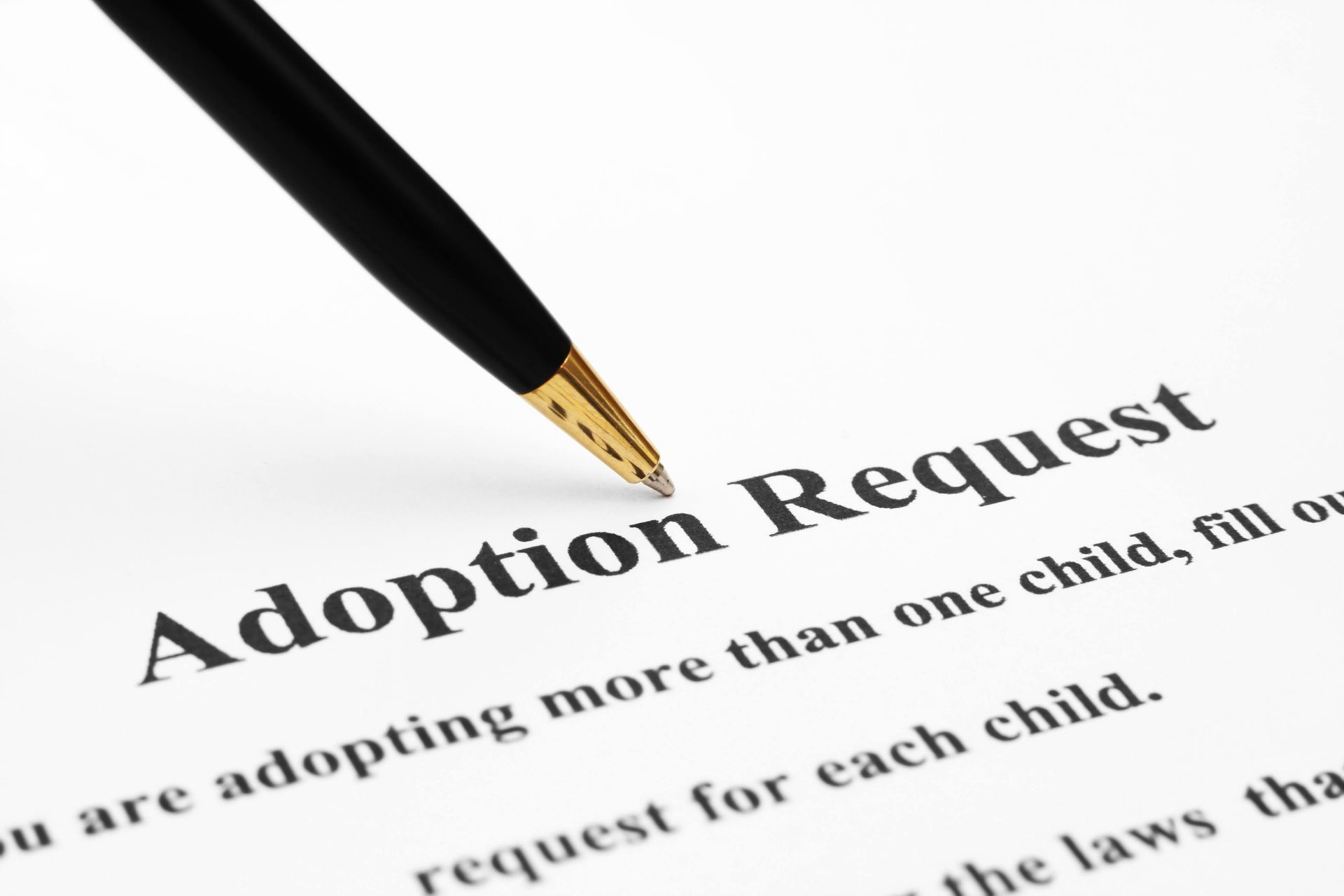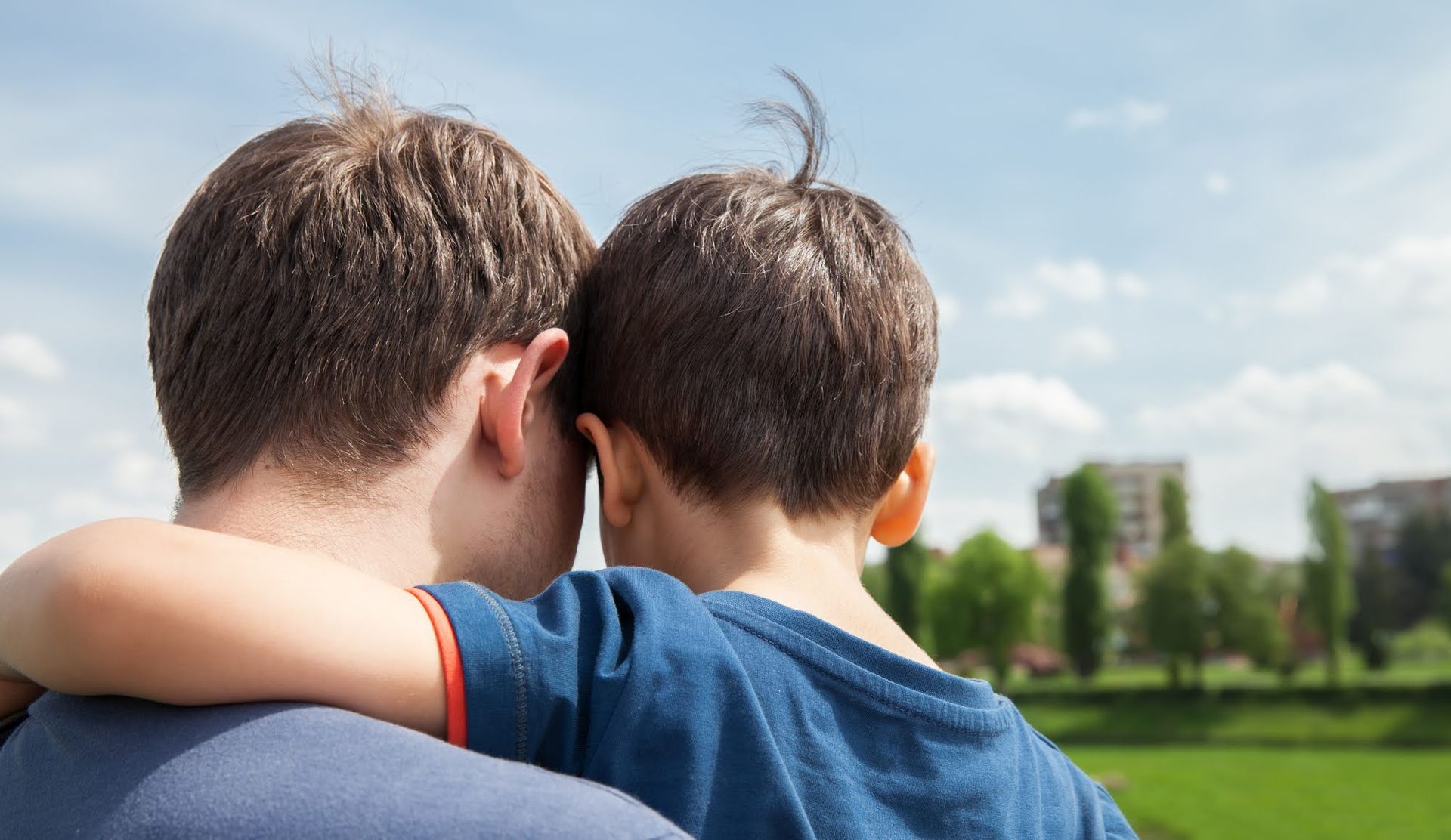Survived a Natural Disaster? 4 Tips for Considering Bankruptcy Help
After you suffer the effects of a natural disaster, you may have to rebuild many things — physically, financially, and emotionally. And unfortunately, not all disaster survivors are able to stay above their heads financially in the aftermath of a hurricane, fire, flood, windstorm, or blizzard.
If you find yourself still trying to keep afloat financially, it may be time to consider bankruptcy protection and relief. But you can find even more help by following these four important tips.
1. Don't Be Afraid of Bankruptcy
The first thing to understand is that it's not a failure — morally, ethically, or financially — to seek bankruptcy relief. No one can prevent natural disasters and even the best preparation can't eliminate all losses. So don't berate yourself for any failures you may feel you made.
Many debtors must claim bankruptcy for reasons much more under their control, so you shouldn't be embarrassed or hesitant. It's good to keep in mind that this isn't just about you — bankruptcy safety nets benefit society as a whole by helping ordinary citizens recover when disasters strike.
2. Consider Liquidation and Repayment
While most people think of bankruptcy as a one-time liquidation, you actually can choose a variety of methods. For many disaster survivors, liquidation of assets through Chapter 7 is a great choice because some of their assets may not have survived the disaster. With less to liquidate, more of your debt is discharged and you don't lose any more than you may already have lost.
However, you may benefit from a repayment plan through Chapter 13. Chapter 13 allows you to keep more assets — especially houses and vehicles — but make payments over a three- or five-year period. Chapter 13 allows you to still get bankruptcy protection even if you don't qualify for Chapter 7 due to a high income. It also means you give up fewer assets during a time when you've already had losses.
3. Learn About Disaster Relief
Did you know that there are a few helpful features built into the bankruptcy code to provide assistance for disaster survivors? For instance, some debtors can forgo the requirement to attend credit counseling (and its associated cost) if they complete a waiver. You may also get help dealing with creditors, remote meeting attendance options, and alternate calculations for the means test.
The bankruptcy code permits the trustee to take into consideration the adverse impact of the disaster on your future earnings and expenses.
4. Choose the Right Timing
The timing of your bankruptcy claim has a big impact on how much relief you get. You'll need to wait long enough to make sure you have received all your bills and know what you still owe to everyone. You may not be able to include debts you didn't know about.
You may also need to wait until insurance proceeds, reimbursements, and grants are received. Failure to declare all your available assets can be deemed bankruptcy fraud, even if the failure was not necessarily intentional on your part.
However, don't wait too long to file, either. Bankruptcy stops collections efforts, for example, so you can prevent losing things like your car or home if you don't delay. Some debts, like old tax obligations, are only dischargeable if the debt falls within a certain time frame before bankruptcy.
Where to Start
No matter what kind of natural disaster befell you, talk with a bankruptcy attorney if you need help rebuilding your financial life. John D Wieser Esq is ready to help New York residents learn about the chapters of bankruptcy, understand the legal process, and identify assistance specifically for disaster survivors. Call today or make an appointment to get started.
